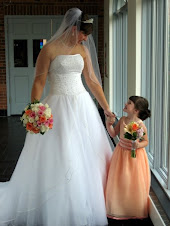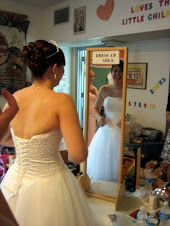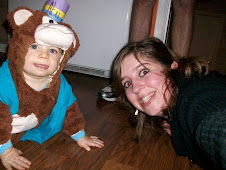Throughout Robert Cormier's The Chocolate War, the characters learn much about themselves through their interactions with each other and their reactions to their situations. Many of the students view the world as it relates to their chocolate sale, their friends, and their teachers.
One of the passages that I found interesting occurs in chapter 16:
"...[H]e had allowed Brother Leon to blackmail him. If teachers did this kind of thing, what kind of world could it be?...And he [saw] that life was rotten, that there were no heroes, really, and that you couldn't trust anybody, not even yourself." (Page 109)
In this passage, David Caroni reveals to Brother Leon that Jerry's refusal of the chocolates each morning is part of a Vigils stunt in order to save his grade. He is surprised that he would provide that information and immediately feels sick to his stomach.
I was also intrigued by the recurring idea that the boys are roped into dead lives as young teens. Evidence of this appears on pages 20 and 92.
First, one of the hippies at the bus stop approaches Jerry and calls him "middle-aged at fourteen, fifteen. Already caught in a routine." He adds, "Go get your bus, square boy.... You're missing a lot of things in the world, better not miss that bus." (Page 20)
Second, when Paul is selling chocolates and he meets the woman with the children, he "felt sorry for older people, stuck in their houses and tenements with kids to take care of and housework to do. He thought of his own parents and their useless lives...What the hell were they living for?" (Page 92)
A similar incident appears on page 62 when Jerry recalls asking his dad if he ever wanted to be a doctor and his father replies "no," and Jerry senses his father is not being truthful. Jerry later regrets seeing himself as a reflection of his father. He no longer wants to be a "Square Boy." (Page 63)
These boys realize that there should be more to life than what they experience at school; that life is not just about chocolate sales and grades and making the football team, but about doing something and not missing out.
Jerry only partly fits into Buckley's definition of Bildungsroman. He is growing up with a father that confines him, not on a physical level, but emotionally because he himself never fulfilled his own dreams. His romantic relationships fit into Buckley's categories: the relationship with Playboy corrupts him to the point that he can't even keep an issue, and the girl from the busstop helps to purify him because he cannot even speak to her. He is humbled by her. He also triumphs when he continues to say "no" to the chocolates after the Vigils stunt is over. However, he never really breaks through his issues with his parents (his mother's death and his father on a daily basis), financial resources, and women. There is no "happily-ever-after" for Jerry--just a ride in an ambulance and a question regarding whether he actually lived through his high school years.
What Do You Mean No More Books?!?!
14 years ago














Yeah, I wasn't sure whether Jerry actually lives either. I think it would be interesting to explore reasons that the author left the ending so ambiguous.
ReplyDeleteI like that you provided a bit of insight into Jerry's home life. This isn't something that appeared to be a main focus or topic of discussion; however, I feel that the loss of his mother and the disconnect with his father definitely plays a vital role in Jerry's decisions throughout the text.
ReplyDeleteI saw that there is actually a sequel to this novel called Beyond the Chocolate War. It would be interesting to see what happens to the characters after the end of this book.
ReplyDeleteI wondered the same thing about the rest of Jerry's high school years - did he survive them, did he transfer schools (perhaps try public school for a change?), did he pack his bags and head for Europe? Who knows...I would love to know where poor Jerry ended up.
ReplyDeleteI like the idea that playboy corrupts him and the girl makes him humble. I never thought of it that way. I guess disturbing the universe is the main topic of the novel, that people seem to skip over other important parts.
ReplyDeleteThat is deep. I like how you tied it into confinement. I was a junior in college before I noticed the monotony in my life. High school, in general, is a mundane routine that students adhere too. Maybe that is why students drop out and others decide not to continue their education after high school. Great comments!
ReplyDelete